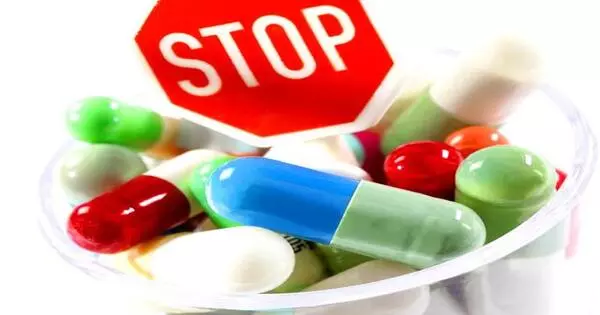Self-medication is the practice of treating one’s own health ailments or symptoms without seeking medical advice. It is a human activity in which an individual self-administers treatment for physical or psychological ailments such as headaches or exhaustion using a substance or any outside impact. This may include the use of over-the-counter drugs, herbal remedies, or other substances to treat symptoms or address health issues.
Over-the-counter medications and dietary supplements are the most commonly utilized substances in self-medication, and they are used to treat common health conditions at home. These do not require a doctor’s prescription and are accessible in supermarkets and convenience stores in several countries. While self-medication is common for minor ailments and short-term issues, it can be risky and potentially harmful if not done responsibly.
Here are some important considerations regarding self-medication:
- Know the Limits: Self-medication is generally suitable for minor, short-term issues such as headaches, mild pain, or common cold symptoms. However, for more serious or chronic conditions, consulting a healthcare professional is essential.
- Risk of Misdiagnosis: Without proper medical training, individuals may misdiagnose their condition or overlook underlying health problems. This can lead to delayed or incorrect treatment, potentially worsening the situation.
- Interaction with Other Medications: Self-medication may pose risks when individuals take over-the-counter medications alongside prescription drugs without understanding potential interactions. Some combinations can be harmful and may lead to adverse effects.
- Dosage and Duration: Using medications without proper knowledge of the correct dosage and duration of treatment can be dangerous. Overuse or misuse of medications may lead to side effects or complications.
- Dependency and Abuse: Continuous self-medication, especially with certain substances, can lead to dependency and abuse. This is a significant concern, particularly with medications that have the potential for addiction.
Self-medication is frequently viewed as establishing personal independence from established medicine, and it can be viewed as a human right that is inherent in, or closely related to, the freedom to refuse professional medical treatment. Self-medication has the potential to result in inadvertent self-harm. Self-medication with antibiotics has been recognized as one of the key causes of antimicrobial resistance evolution.
Before beginning any new drug or treatment, even if it is available over the counter, it is best to see a healthcare expert. They can give appropriate advice depending on a person’s health history and personal circumstances. While self-medication may be helpful for minor conditions, it is critical to seek expert medical guidance for more complex or long-term health issues. Always read and follow the instructions on over-the-counter medications, and consult with a healthcare provider when in doubt.














